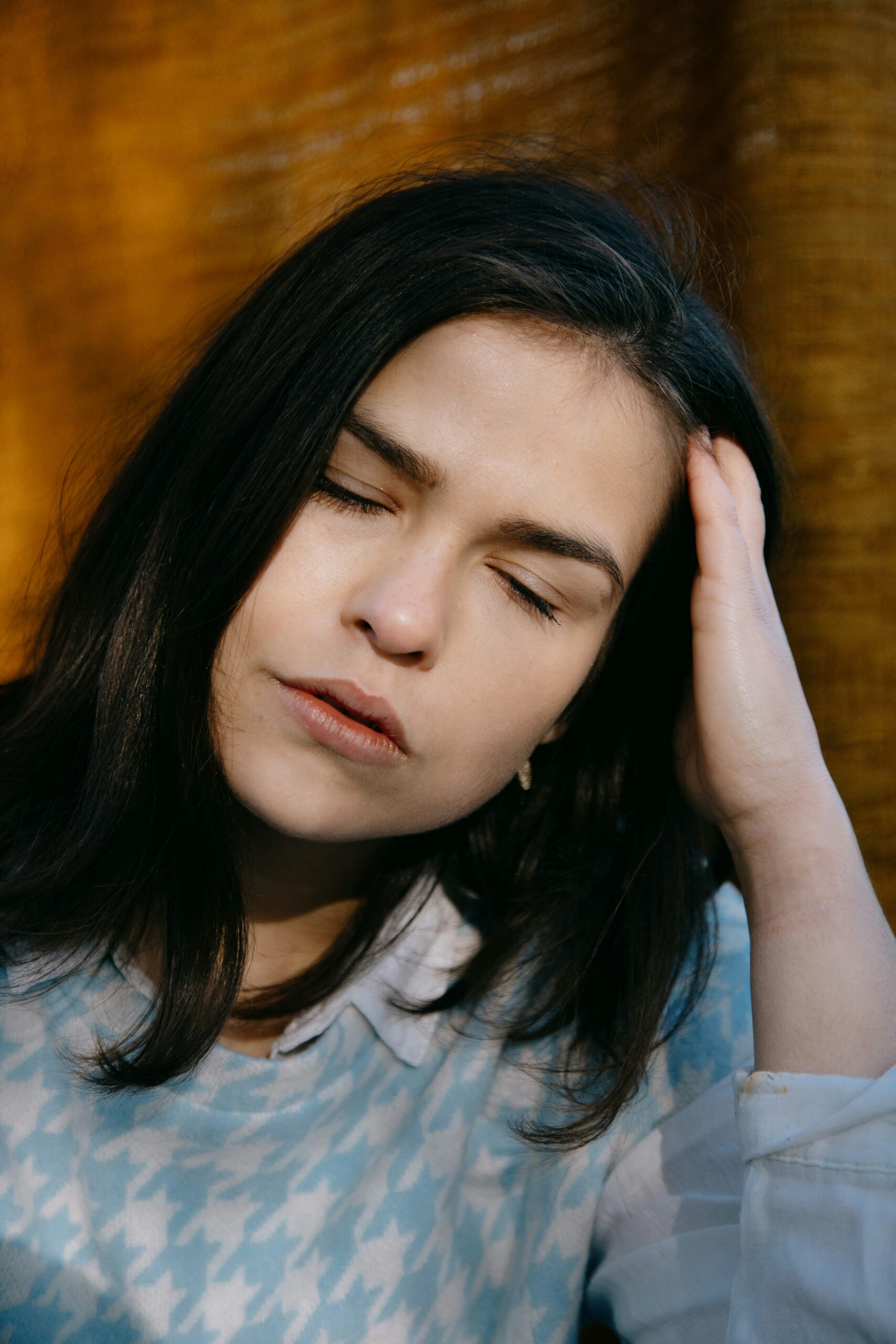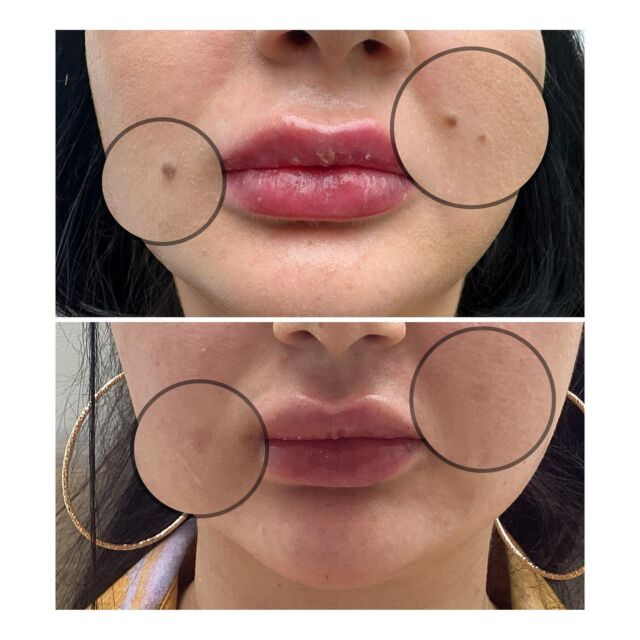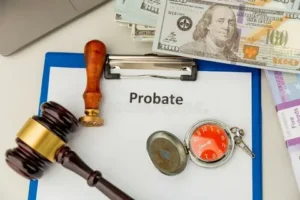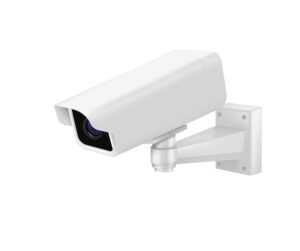Morning Headaches: What They Mean and How to Stop Them
Waking up with a pounding head is not the way anyone wants to start the day. Morning headaches are more than just a nuisance—they can be an indicator of something deeper going on with your health or lifestyle. One of the most common triggers is sleep-related: many people experience headaches caused by lack of sleep, disrupted sleep cycles, or poor-quality rest. If you’re regularly greeted by head pain when you open your eyes in the morning, it’s time to take a closer look at what’s causing it and how to prevent it.
In this article, we’ll break down the causes of morning headaches, explore the connection between sleep and pain, and offer practical solutions to help you wake up clear-headed and energized.
Why Do Morning Headaches Happen?
Morning headaches occur during or shortly after waking and may feel dull, throbbing, or sharp. They can last a few minutes or persist throughout the day. These headaches are not a singular condition but a symptom of various underlying issues.
Some of the most common reasons include:
- Sleep deprivation or poor sleep quality
- Sleep disorders (like sleep apnea or insomnia)
- Teeth grinding (bruxism)
- Medication overuse
- Mental health conditions like depression or anxiety
- Alcohol or caffeine use
- Poor sleeping posture or pillow/mattress issues
Let’s look more closely at the major culprits.
1. Headaches Caused by Lack of Sleep
One of the most frequent and overlooked causes of morning headaches is sleep deprivation. Whether you struggle to fall asleep, wake up frequently, or don’t get enough hours in bed, your body and brain pay the price.
How lack of sleep causes headaches:
- Disrupts serotonin levels, which play a role in regulating pain perception.
- Increases inflammation in the nervous system.
- Decreases pain threshold, making even mild triggers more intense.
- Worsens existing conditions like migraines and tension headaches.
People with insomnia are more likely to experience chronic headaches, and the cycle often becomes self-reinforcing—poor sleep leads to headaches, which then make it harder to sleep.
2. Sleep Apnea
Sleep apnea is a sleep disorder where breathing repeatedly stops and starts during the night, often without the person realizing it. Obstructive Sleep Apnea (OSA) is the most common type.
Why it causes headaches:
- Lack of oxygen to the brain during sleep.
- Repeated sleep interruptions lead to severe fatigue.
- Elevated blood pressure and inflammation.
Morning headaches from sleep apnea usually feel like a pressing or squeezing pain, often located on both sides of the head. They’re commonly accompanied by daytime drowsiness, dry mouth, or loud snoring.
What to do: Consult a sleep specialist for a sleep study. Treatment may involve using a CPAP (Continuous Positive Airway Pressure) machine or making lifestyle changes.
3. Bruxism (Teeth Grinding)
Grinding or clenching your teeth at night can lead to muscle tension in the jaw and temples, triggering morning headaches. This is often related to stress or poor jaw alignment.
Signs of bruxism:
- Sore jaw or face in the morning
- Tooth sensitivity or damage
- Clicking in the jaw
- Tension-type headaches
Solutions:
- Wear a nightguard
- Reduce stress before bed
- Practice jaw relaxation exercises
4. Medication Overuse or Withdrawal
Ironically, taking too many over-the-counter painkillers like ibuprofen, aspirin, or acetaminophen can cause rebound headaches, especially if taken more than 15 times a month.
Also, if you’re used to having caffeine every morning and skip it one day, the sudden lack of caffeine can trigger a withdrawal headache.
What to do:
- Cut back slowly on pain medications and caffeine
- Consult your doctor for safer headache management options
5. Depression and Anxiety
Mental health conditions like depression, anxiety, and chronic stress don’t just affect your emotions—they can have very real physical consequences. One such symptom is waking up with a headache.
How it works:
- These conditions disrupt sleep cycles
- They increase muscle tension and inflammation
- They affect neurotransmitters like serotonin and dopamine, both of which regulate pain
If you find yourself waking up tired, anxious, and with a headache most mornings, addressing your mental health is essential for recovery.
6. Poor Sleep Hygiene and Environment
Sometimes, it’s not a medical condition causing your headaches—it’s your environment. Poor sleep hygiene refers to habits and surroundings that disrupt sleep, such as:
- Using screens too close to bedtime
- Inconsistent sleep schedules
- Uncomfortable pillows or mattresses
- Bright lights or loud noises
Fixing your sleep setup can go a long way toward preventing morning headaches.
How to Prevent Morning Headaches: Practical Tips
Now that we’ve covered the causes, let’s talk solutions. The good news is that most morning headaches can be improved—or even eliminated—through consistent lifestyle changes and targeted treatments.
1. Prioritize Quality Sleep
Since headaches caused by lack of sleep are so common, the best prevention is to improve your sleep duration and quality.
Tips for better sleep:
- Stick to a regular sleep schedule (even on weekends)
- Wind down with a calming bedtime routine
- Keep your room cool, dark, and quiet
- Avoid screens at least an hour before bed
- Cut off caffeine by mid-afternoon
2. Get Screened for Sleep Disorders
If you suspect sleep apnea, restless legs syndrome, or chronic insomnia, get evaluated by a sleep specialist. You may need a sleep study (polysomnography) to diagnose the issue accurately.
Treatment options might include:
- CPAP machine for sleep apnea
- Cognitive Behavioral Therapy for Insomnia (CBT-I)
- Medication for specific disorders (used cautiously)
3. Manage Stress and Mental Health
If anxiety or depression is contributing to your sleep issues and headaches, don’t ignore it. Treating your mental health can lead to significant improvement in physical symptoms.
Try:
- Regular therapy or counseling
- Journaling or mindfulness before bed
- Exercise during the day to release endorphins
- Breathing exercises to calm the mind
4. Address Physical Causes Like Bruxism
Talk to your dentist if you suspect you’re grinding your teeth. A custom nightguard can protect your teeth and reduce muscle tension that causes headaches.
Also consider:
- Massage therapy for neck and jaw tension
- Avoiding chewing gum or hard foods at night
- Reducing alcohol and stress (both increase grinding)
5. Improve Your Sleep Environment
Make your bedroom a sleep-friendly space. Sometimes the fix is as simple as swapping your pillow.
Suggestions:
- Use orthopedic pillows to support the neck and spine
- Keep noise to a minimum with earplugs or a white noise machine
- Invest in blackout curtains to eliminate light
- Maintain a comfortable temperature (ideally 60–67°F)
6. Track Your Headaches and Sleep
Keeping a sleep and headache journal can help you identify patterns or triggers. Include:
- Bedtime and wake-up times
- Food and drink intake
- Medication use
- Headache duration, intensity, and location
This data will be valuable if you consult a doctor and can also help you make better lifestyle decisions.
Final Thoughts: Start Your Day Without Pain
Morning headaches can be a frustrating way to begin the day, but they’re also an important signal that something may be off with your sleep, mental health, or overall lifestyle. Whether it’s headaches caused by lack of sleep, sleep apnea, or stress-related bruxism, most triggers are manageable once identified.
By focusing on good sleep hygiene, getting the right medical support, and making small but meaningful lifestyle changes, you can reduce—or even eliminate—morning headaches. Don’t accept pain as your new normal. A clear, pain-free morning is well within your reach.
Also Read: Heat Make Back Pain Worse While Sleeping













